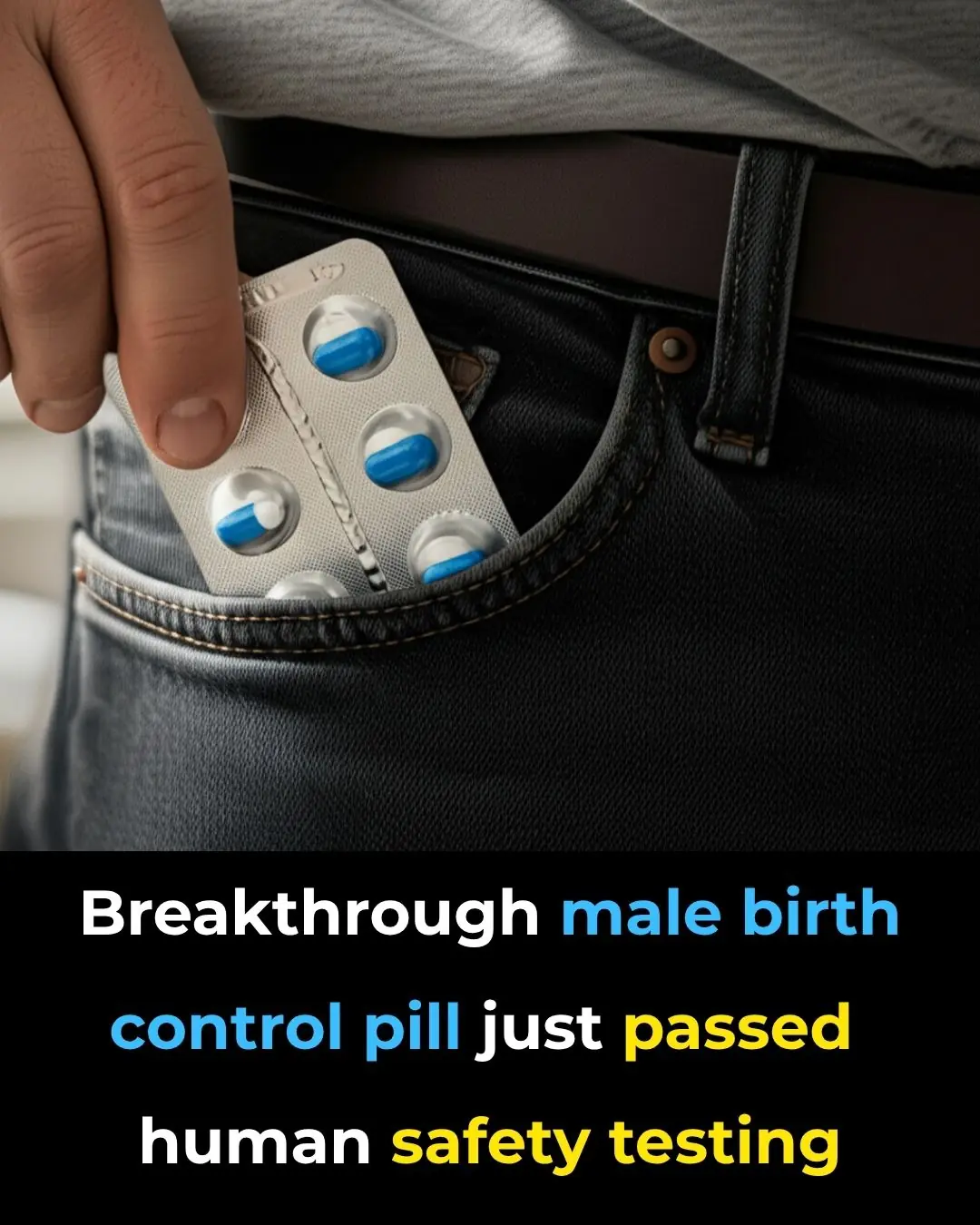
Warning Symptoms of Vitamin B12 Deficiency and How to Fix It
Vitamin B12 (also called cobalamin) is a water-soluble vitamin which plays an important role in the production of red blood cells and is required to keep nerve cells healthy.
Vitamin B12 deficiency, also called cobalamin deficiency, is a medical condition of low B12 levels in the blood. According to studies, one in every five adults in the United States suffers from vitamin B12 deficiency.
Vitamin B12 is dubbed the energy vitamin and its shortage can result in an array of health problems, including some potentially very serious conditions.
The average adult should get 2.4 micrograms of vitamin B12 daily. Your body cannot produce vitamin B12 and you must get it from food or supplements. Good food sources of vitamin B12 include dairy products, eggs, fish, meat, and poultry.
Despite being a water-soluble, vitamin B12 gets stored in your liver, kidneys and other body tissues, so vitamin B12 deficiency can go unnoticed for a long time. That is where the danger lies. By the time the condition gets detected, there might be some irreversible damage done already.
Some of the symptoms of vitamin B12 deficiency are fatigue, cognitive problems, and tingling in hands and feet.
In this article, you will find out about the role of vitamin B12 in the body, causes and symptoms of vitamin B12 deficiency, how to treat this vitamin deficiency and how long it takes to fix B12 deficiency.
What is Vitamin B12 (Cobalamin) and What Does it Do?
Vitamin B12 (cobalamin) is an important micronutrient that is essential for DNA synthesis and providing your cells with energy.
The reason why it is so important to correct a vitamin B12 deficiency is that a lack of this vitamin can lead to macrocytic anemia. This type of vitamin-deficiency anemia causes large red blood cells and low hemoglobin.
According to research published in the journal Nutrients, vitamin B12 is usually found in protein in most animal foods. To prevent a vitamin B12 deficiency, your body needs to absorb this vitamin during digestion. You get vitamin B12 from foods such as liver, beef, chicken, eggs and dairy foods.
Vitamin B12 and intrinsic factor are closely linked. Researchers from the University of Rochester say that intrinsic factor is a protein in the lining of the stomach that helps absorb vitamin B12. Sometimes, doctors check for this protein to see if an autoimmune condition is causing inadequate intrinsic factor that is associated with a cobalamin (vitamin B12) deficiency.
If you have been diagnosed with vitamin B12 deficiency anemia, you will no doubt wonder how long it will take to fix a B12 deficiency.
How Long it Takes to Correct Vitamin B12 Deficiency
Bringing levels of vitamin B12 to be within the normal range of between 200 and 900 ng/mL depends on the severity of your B12 deficiency.
To help recover from a vitamin B12 deficiency, doctors will recommend a course of treatment involving oral supplementation or injections.
The journal Blood reports that it should take up to a week for vitamin B12 levels to rise. It is usually possible to completely correct a vitamin B12 deficiency within 6 weeks to 3 months.
However, with the proper B12 supplements, you can start to fix a vitamin B12 deficiency fairly quickly. The journal Annals of Surgery reports that B12 levels start to quickly rise after taking B12 supplements.
Causes of Cobalamin Deficiency (Vitamin B12 Deficiency)
There are a number of reasons for having low B12 levels in your blood. The main reasons for a cobalamin deficiency are connected with inadequate absorption from food, or a diet lacking in vitamin b12.
Let’s look in more detail as the main reasons for showing symptoms of a B12 deficiency.
Diet as a Cause of Vitamin B12 Deficiency
One of the main reasons for developing below normal B12 levels is not getting enough vitamin B12 from your diet.
Doctors from the Mayo Clinic say that vitamin B12 is mainly found in meat, dairy product, and eggs. Eliminating sources of B12 from your diet can result in gradually developing B12 deficiency signs.
Many people who switch to a strict vegan or vegetarian diet are at risk of developing low B12 levels if they don’t supplement their diet with B-group vitamins.
According to the journal Nutrients, nori (edible seaweed) is a good food to help prevent a vitamin B12 (cobalamin) deficiency in people who are vegan.
Impaired Absorption Can Results in Lack of Vitamin B12
Malabsorption could be one reason for showing signs of a vitamin B12 deficiency even if you include meat in your diet.
Inadequate B12 absorption can occur for a number of reasons. For example, low vitamin B12 levels are sometimes seen in persons who have had gastric bypass surgery. Also, digestive problems that are caused by intestinal diseases such as celiac disease, Crohn’s disease, or intestinal bacterial overgrowth can also affect vitamin B12 absorption.
Having a tapeworm infection in your body can cause many symptoms, including having a lack of B12. A tapeworm infection will also make it more difficult to recover from a B12 deficiency.
Also certain prescription drugs can affect your ability to absorb vitamin B12, including anti-ulcer drugs, antacids and Metformin – a drug taken by diabetic patients.
Autoimmune Reaction Can Result in Cobalamin Deficiency
Another reason for needing to address a vitamin B12 (cobalamin) deficiency is if you don’t have enough intrinsic factor to help with digestion.
You need adequate levels of the protein intrinsic factor to help absorb vitamin B12. In some cases, an autoimmune condition can affect intrinsic factor and lead to pernicious anemia.
Symptoms of Vitamin B12 (Cobalamin) Deficiency
It is important to address symptoms of a cobalamin deficiency as it can have serious consequences. Because B12 anemia can become debilitating, doctors warn that a chronic vitamin B12 deficiency can be life-threatening.
The symptoms of vitamin B12 deficiency are often not very specific, so vitamin B12 deficiency can go unnoticed for a long period of time. It is also easily mistaken for other conditions, and therefore remains misdiagnosed.
Fortunately, a B12 deficiency is reversible if you spot the symptoms in time and take steps to fix a lack of vitamin B12.
Fatigue and Extreme Weakness
One of the most common signs that you may lack sufficient levels of vitamin B12 is extreme tiredness.
Fatigue is a common symptom with most types of anemia because a lack of red blood cells results in not enough oxygen feeding your cells.
Doctors from the National Health Service say that a vitamin B12 deficiency anemia caused by B12 malabsorption can cause extreme tiredness.
In some cases, doctors recommend B12 supplementation for people suffering from chronic fatigue or fibromyalgia.
News in the same category


Medicinal Health Benefits of Garlic (Raw, Supplement) – Science Based
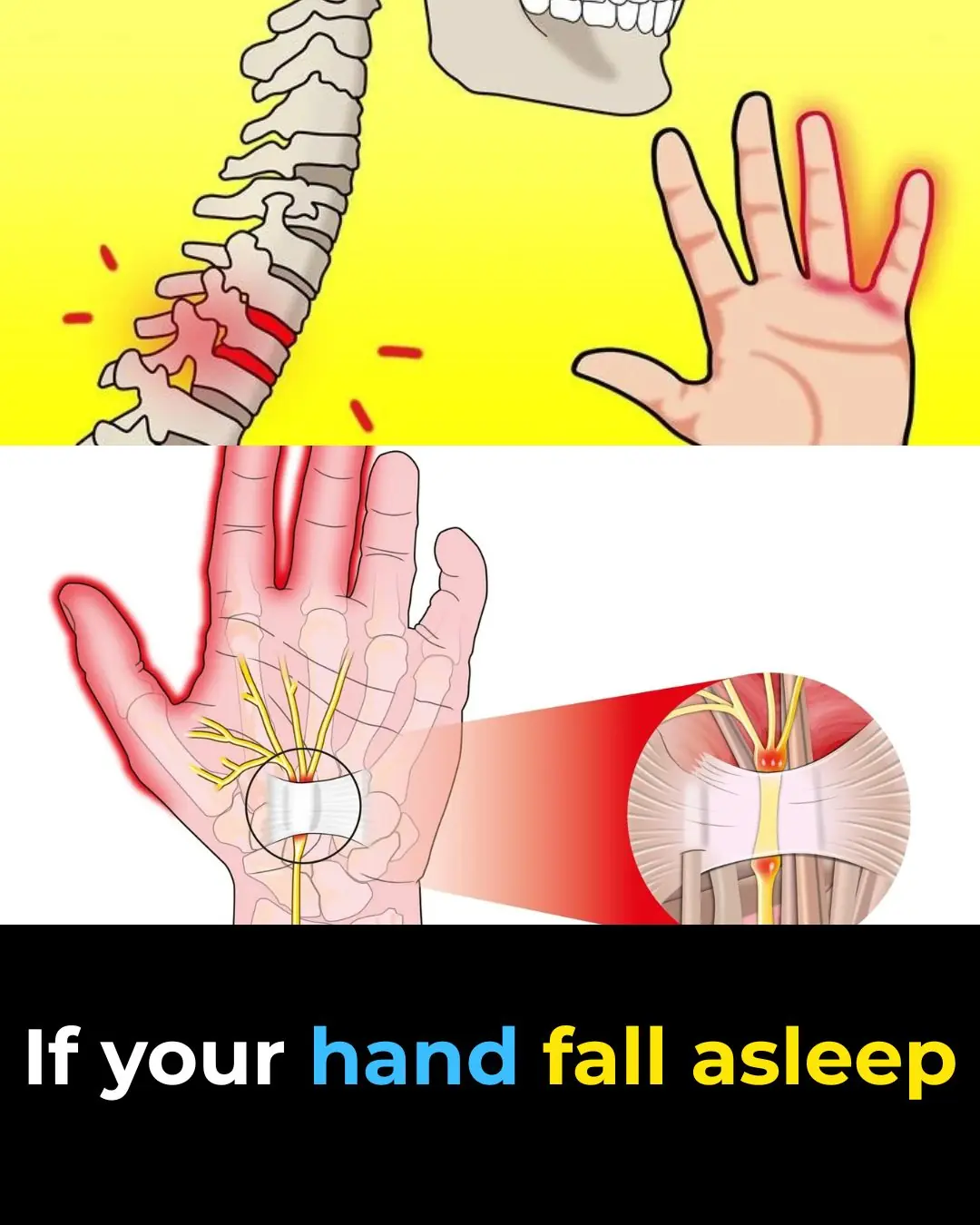
Tingling Sensation In Your Body: Why Does It Happen
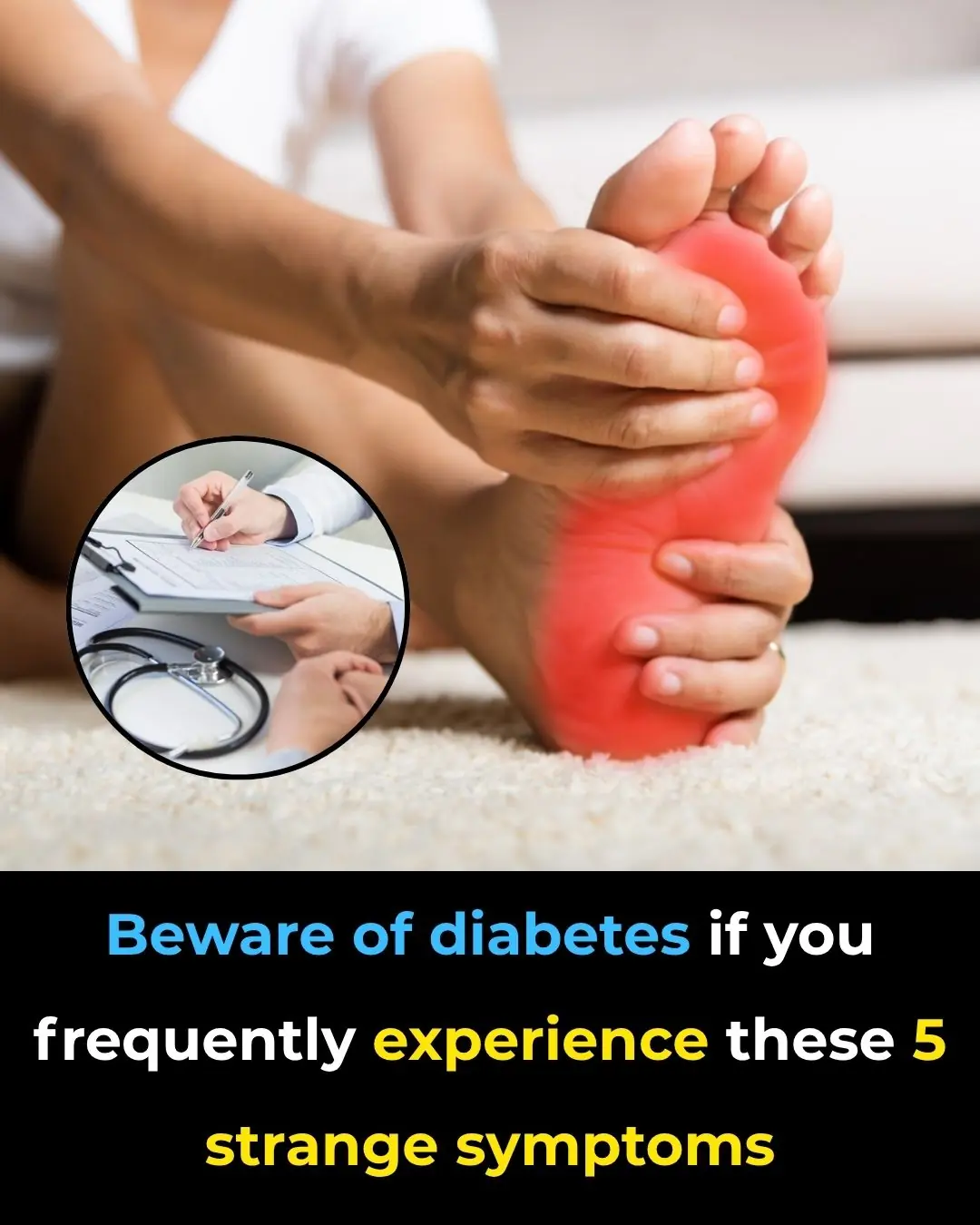
High Blood Sugar Warning Signs
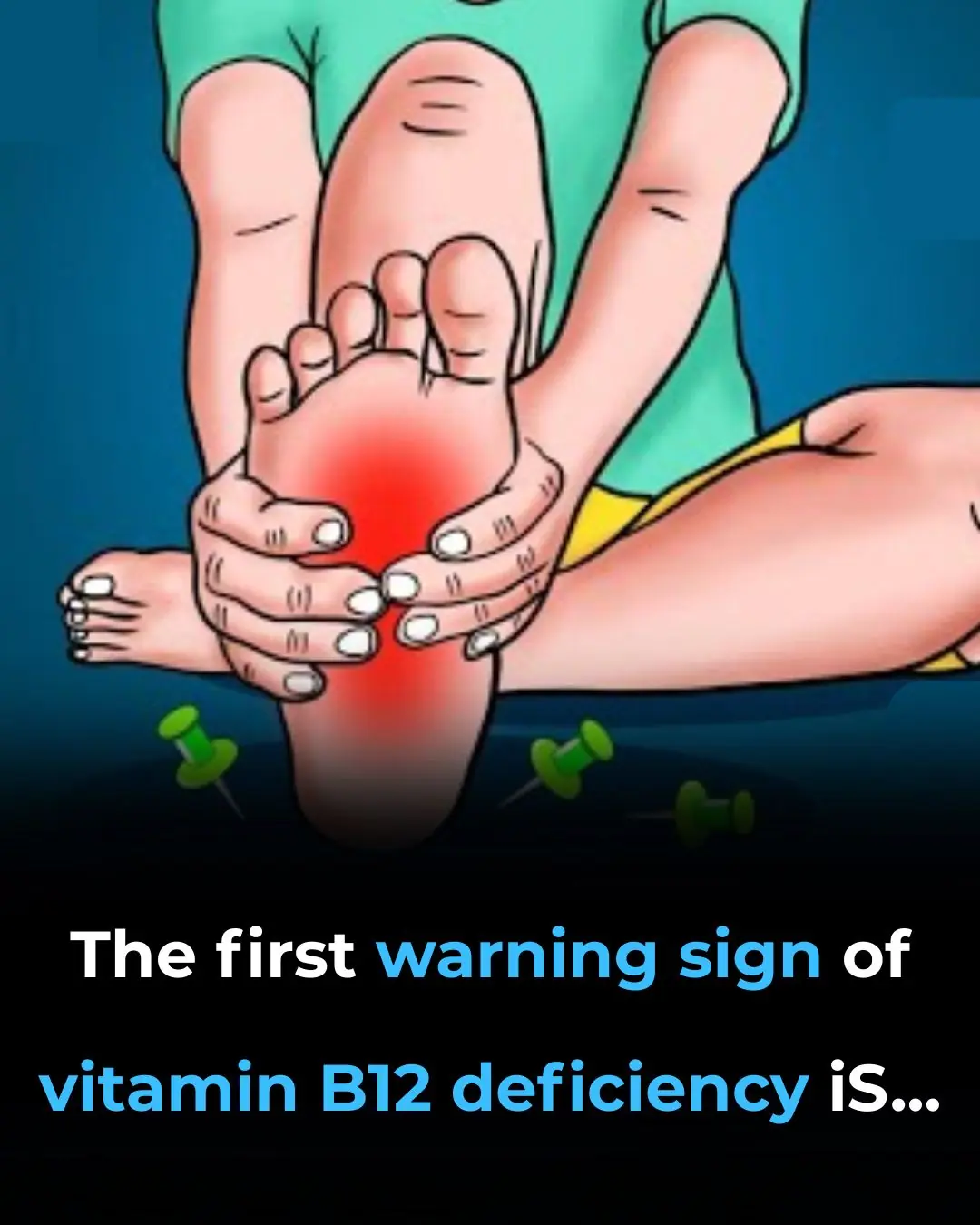
Top Signs of Iron Deficiency and How To Increase Iron Levels In Your Blood

Doctors Suspected Baby Had Mouth Tumor—The Shocking Truth Left Them Speechless

Why Some People Never Break A Bone—3 Wild Theories Explained
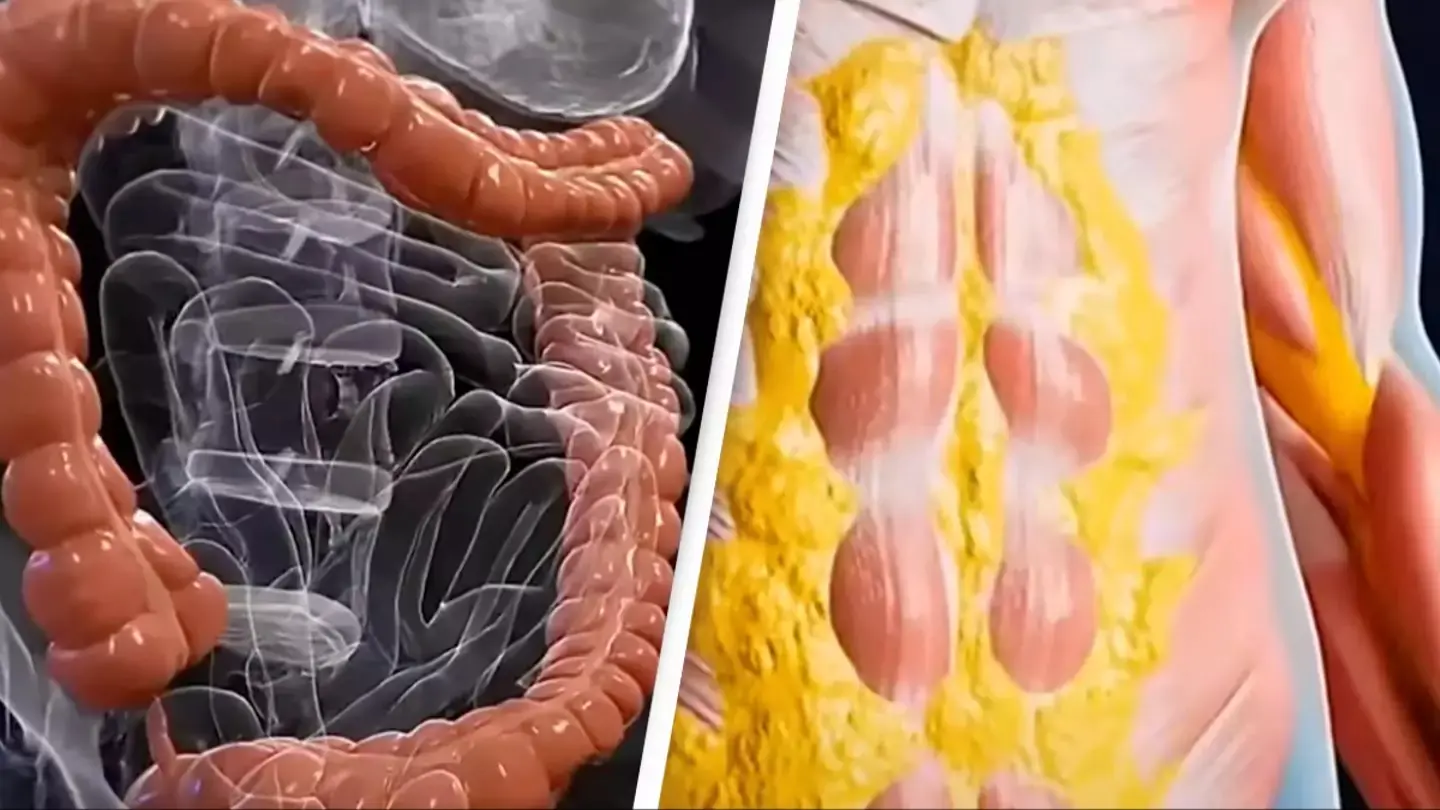
JAW DROPPING SIMULATION SHOWS WHAT HAPPENS TO YOUR BODY WHILE FASTING FOR 36 HOURS TO ACHIEVE 'FULL RESET'

6 Health Benefits of Sleeping In a Cold Room and How to Make it Cooler- And Why You May Not Want to Use a Fan

Dentists Explain What Those Black Triangles Are Between Your Teeth
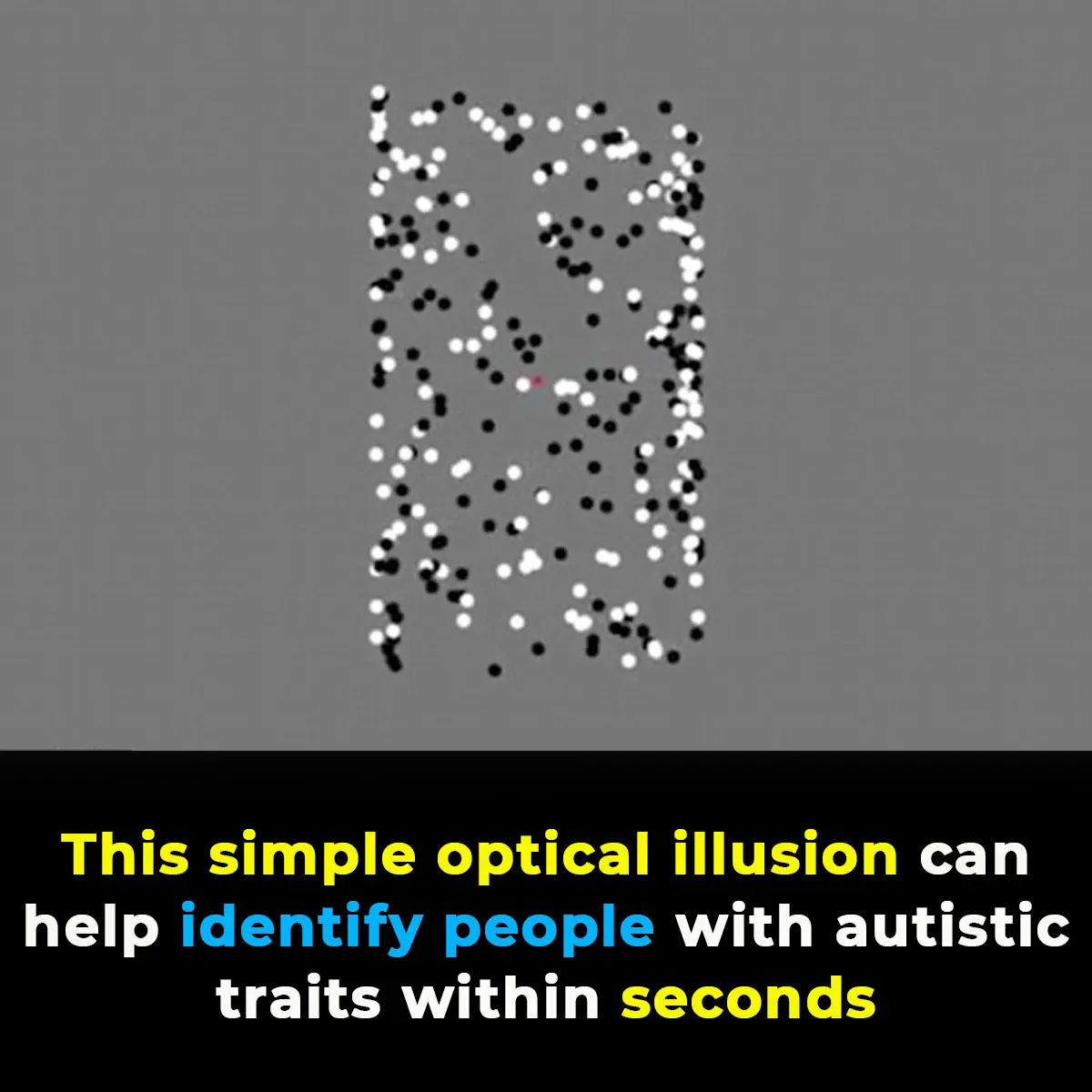
This optical illusion may help identify autistic traits in seconds
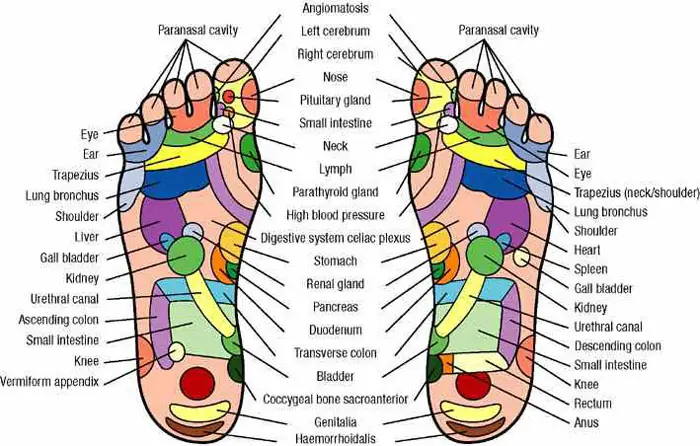
Pressure Points in Your Feet: Use This Foot Massage Chart for Pain Relief

8 Ways To Get Rid Of Phlegm And Mucus In Chest And Throat
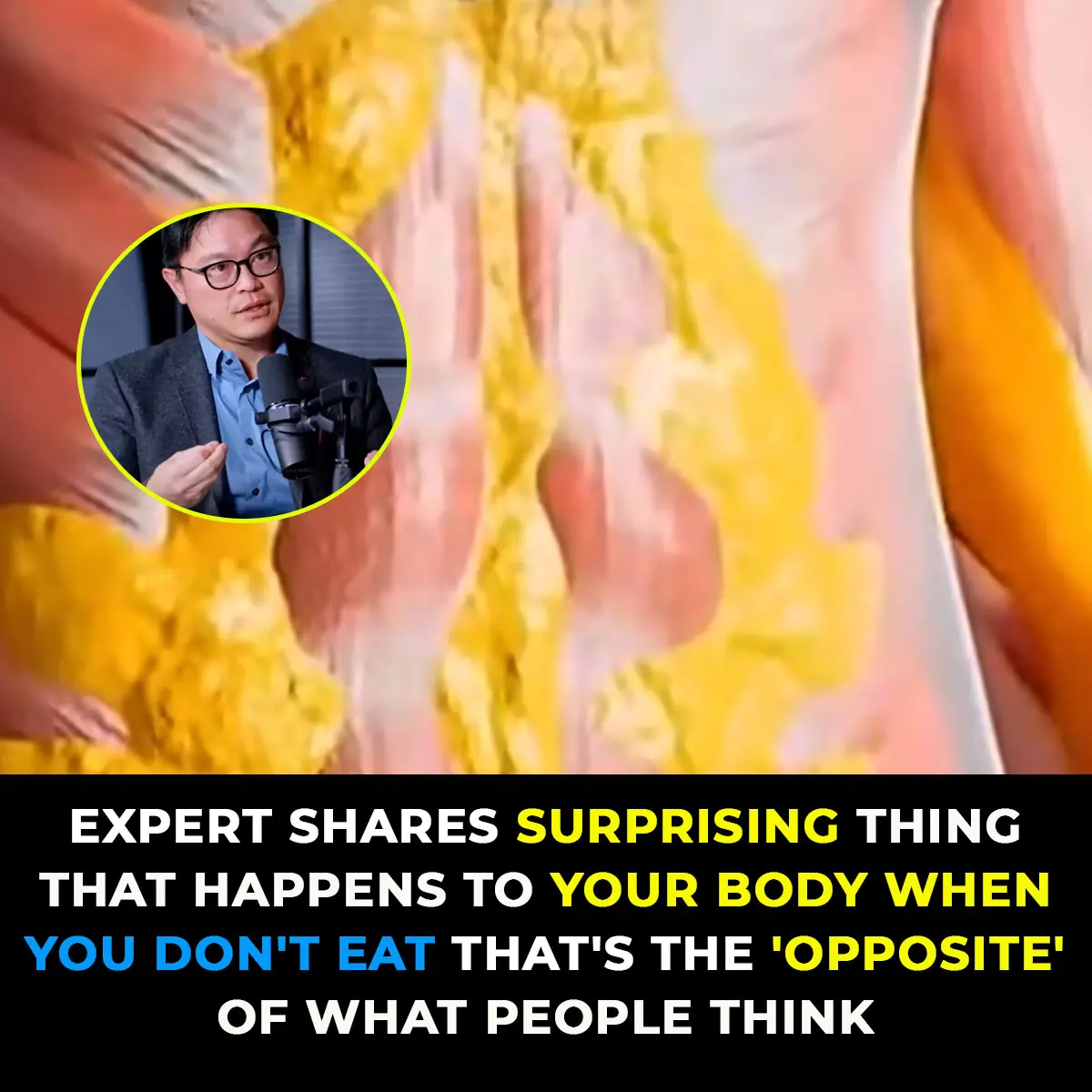
Doctor Reveals Surprising Thing That Occurs When You Don’t Eat – and It’s The ‘Opposite’ of What Most People Think
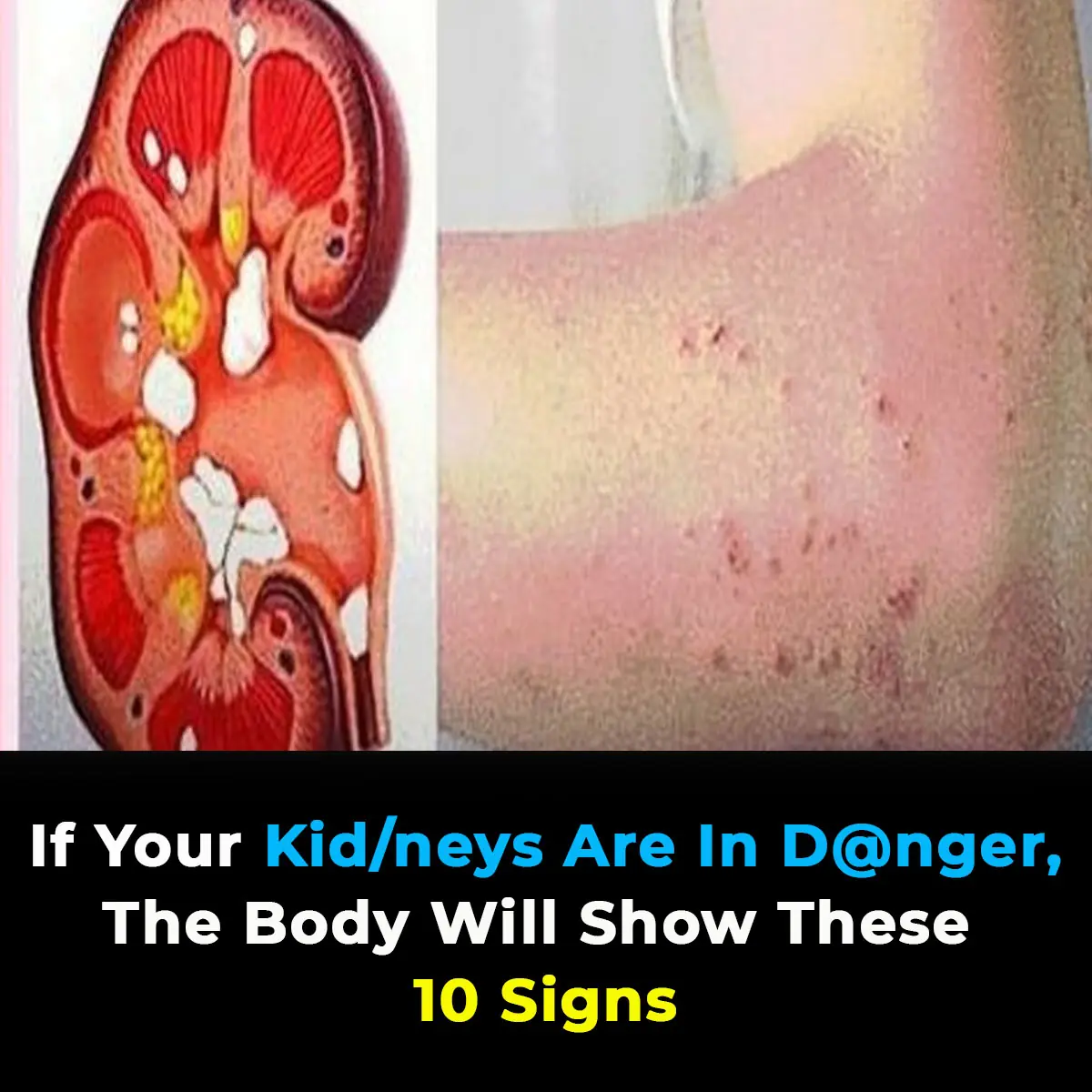
10 Signs You May Have Kidney Disease
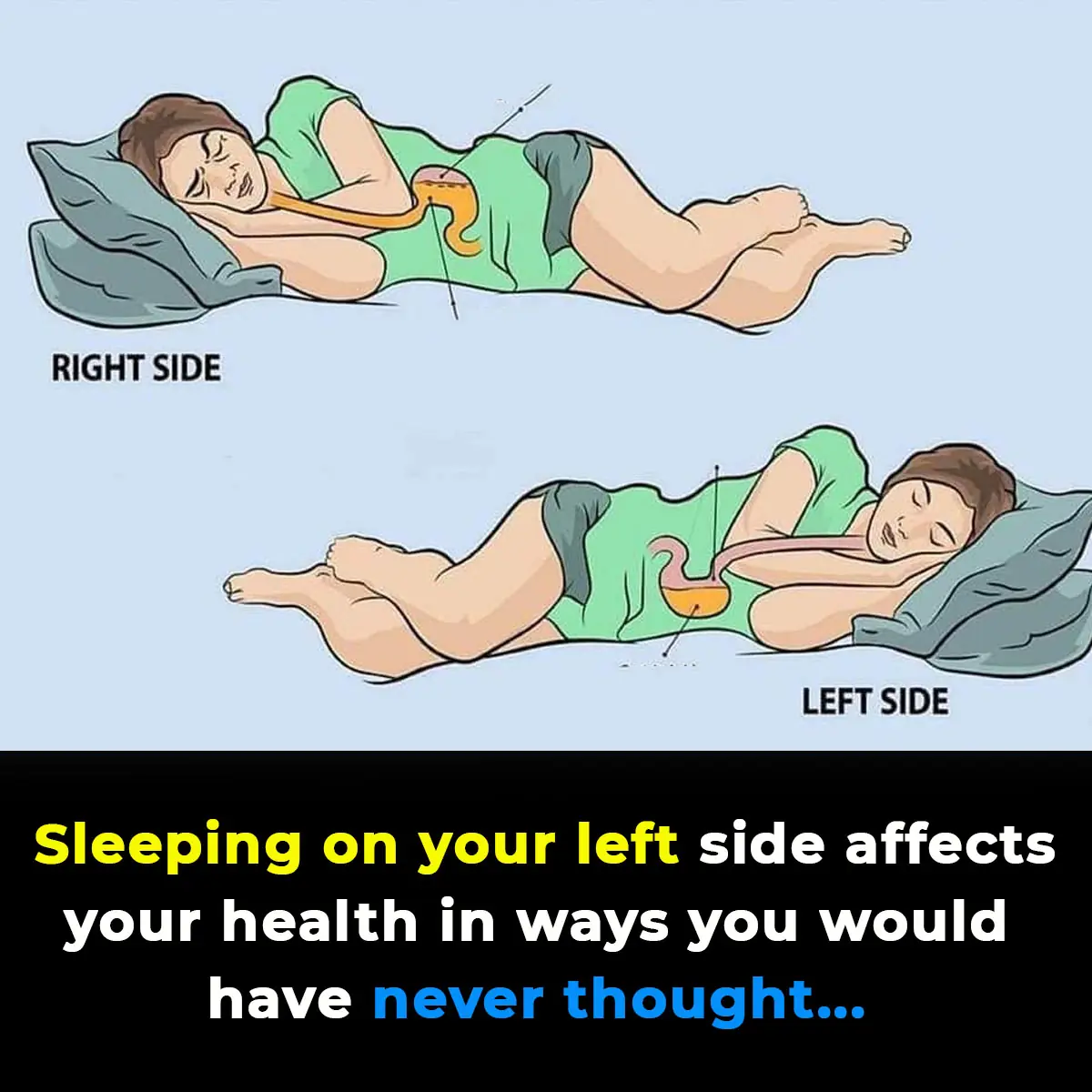
This is what sleeping on the left side does for our brain, stomach & glymphatic health
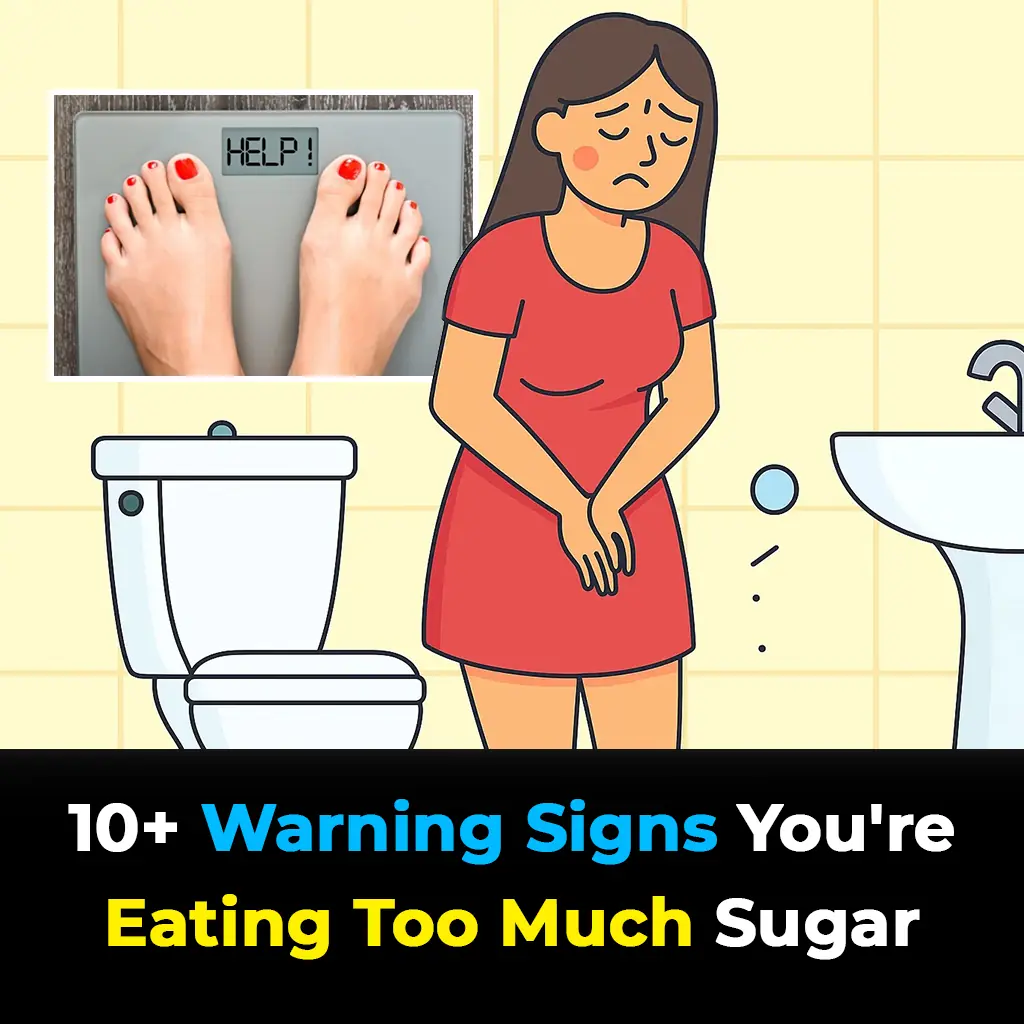
This Is What Happens When You Eat Too Much Sugar—#7 Will Sh0ck You!
Learn to recognize the red flags of sugar overload before it sabotages your health
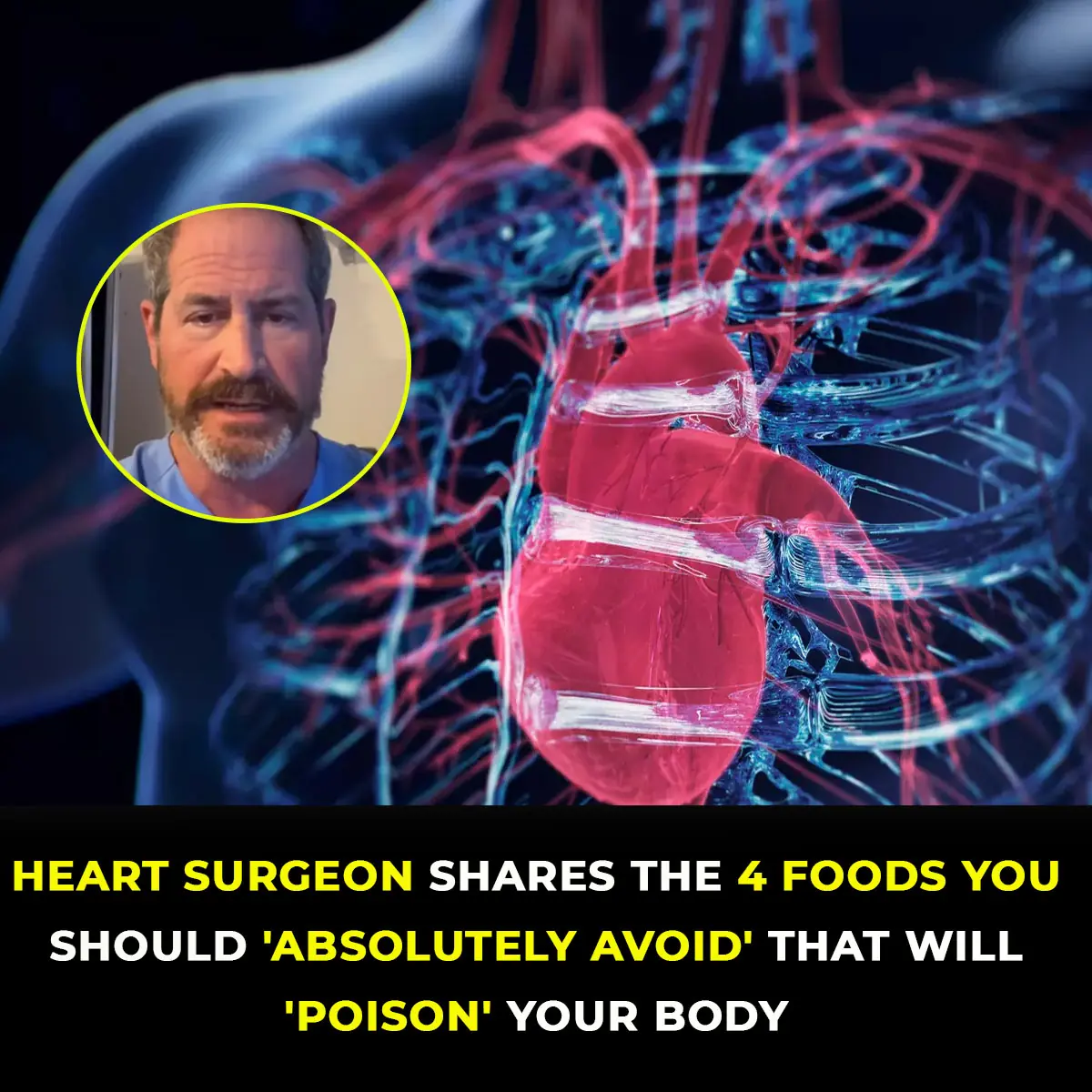
Heart Surgeon Reveals 4 Foods You Should ‘Always Avoid’ That Will ‘Poison’ Your Body
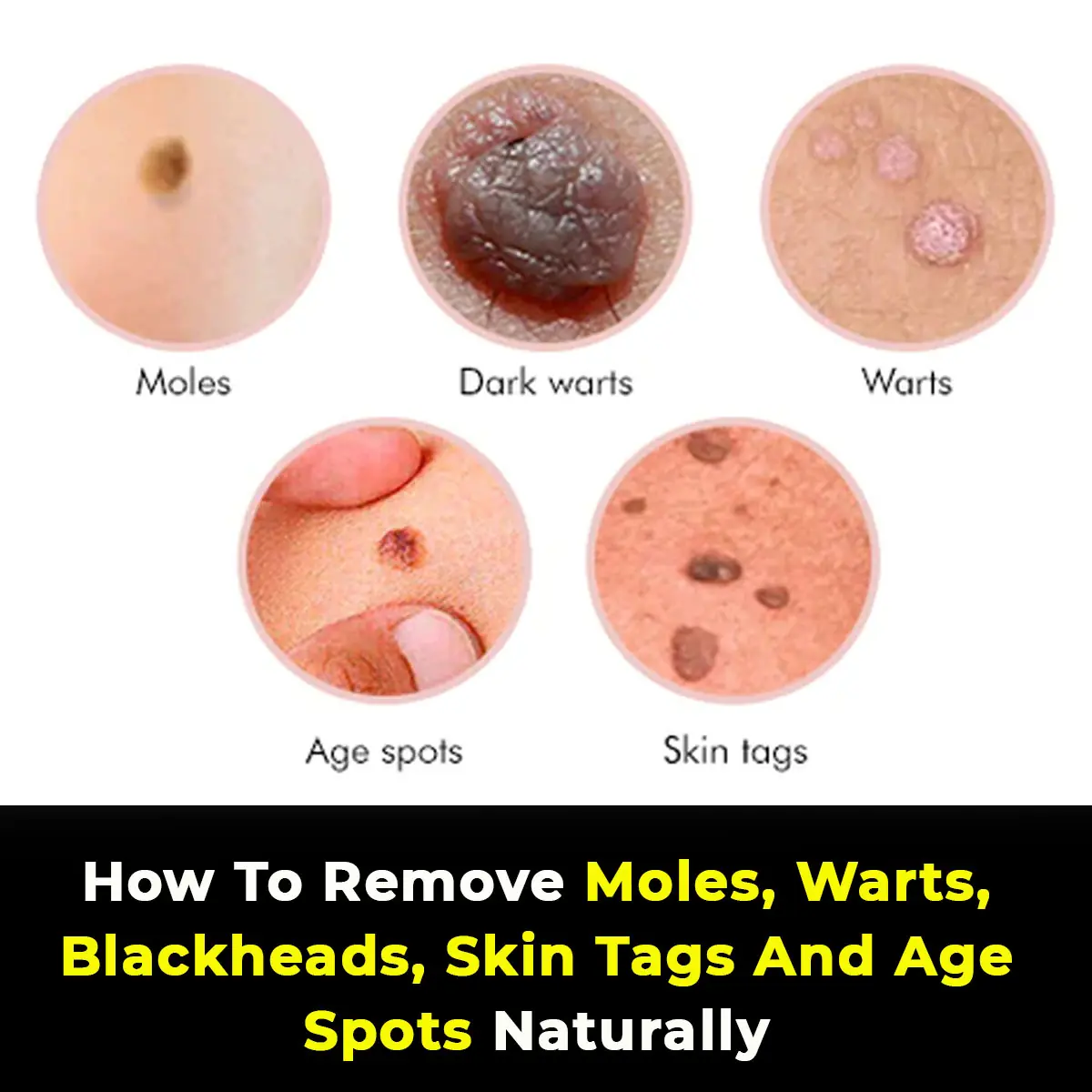
Natural Skin Care: What Can You Try To Remove Age Spots, Moles, Skin Tags, Warts, And Blackheads?
News Post

Scientists just found a breast cancer-killing molecule in scorpion venom

‘Beloved’ lion is shot dead after being lured from reserve by trophy hunter in chilling $46k kill

Breakthrough male birth control pill just passed human safety testing

Elderly Woman Divorces Her Husband after 50 Years of Marriage, but She Later Regrets It – Story of the Day

Elon Musk uses single emoji to reveal if he thinks Trump will pardon Ghislaine Maxwell

I Met My Husband and His Mistress at a Public Pool – I Wanted to Teach Him a Lesson, but Karma Had Other Plans

A Week Ago, My House Was Robbed — Today, My Son (Who Doesn't Have a Job) Bought Himself a Sports Car

My MIL Gave My Husband Papers to Divorce Me as a Birthday Gift – What He Did Next Left Everyone Speechless

I Came Home to Find My Kids Sleeping in the Hallway — What My Husband Turned Their Bedroom into While I Was Away Made Me Feral

My Ex-MIL Demanded Receipts for Every Dollar of My Child Support Payments That I Spend

After his wife’s funeral, a father, devastated by grief, took his son to the sea to distract him.

Fake Honey Is Taking Over Store Shelves — Here’s How to Tell What’s Genuine

Daddy, that waitress looks just like Mommy!” The words hit James Whitmore like a shockwave. He turned sharply—and froze. His wife had died.

Experts claim mankind will die in world-ending ‘cosmic hell’ revealing the exact time the horrific event will occur

— Where did such a huge bill come from? Honey, are you sure no one is stealing our electricity?” I asked in surprise.

Swap apartments temporarily with my daughter! She just had a son!” — the mother-in-law “forgot” that temporarily means forever

Parents plan funeral for 10-yr-old with cancer – She then opens her eyes and says something that leaves them stunned

After I Saw The Baby My Wife Gave Birth To, I Was Ready To Leave Her — But Then She Said, “There’s Something I Need To Tell You.”

Medicinal Health Benefits of Garlic (Raw, Supplement) – Science Based

Mom Sells Old Stroller to Feed 4 Kids, Finds It on Her Doorstep the Next Day with Note Inside – Story of the Day
A pregnant mother of three needs to sell her stroller to feed her three children after she was abandoned by her husband.